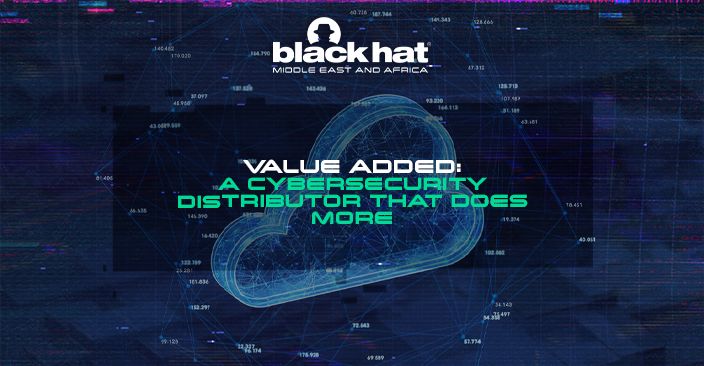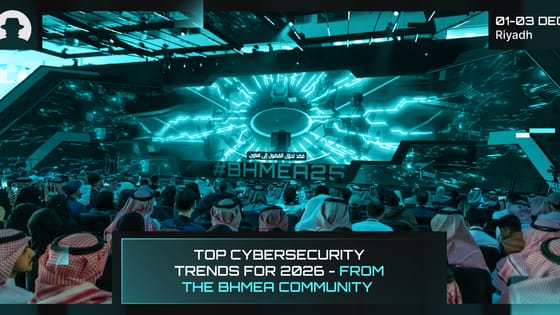
Why cybersecurity is a barrier to financial innovation
Cybersecurity is now a leading barrier to financial innovation. New research explains why fraud, legacy systems and risk are slowing payments progress.
Read More
As a key distributor of cybersecurity products in the Middle East and Africa, and an upcoming exhibitor at Black Hat MEA 2023, GulfIT partners with top vendors in the region and worldwide to provide clients with more than 20 cutting-edge security technologies – covering the full scope of the attack surface for its client companies. And for cybersecurity vendors, partnering with GulfIT offers access to new opportunities in a regional market.
We caught up with Amrita Ghanty (Channel and Marketing Manager at GulfIT) to find out what the company is focused on right now.
With the attack surface growing, GulfIT is working to offer a comprehensive portfolio of services via its global vendors. The firm has “expanded into multiple security domains, like identity security, data security, and security orchestration and automation,” Ghanty said.
When we asked what key projects have been underway recently, Ghanty added: “We recently completed implementation of Imperva and Sailpoint in a few government organisations,” along with several implementations for Aruba SD WAN and WAN OP.
Working within well-established channel systems, the research focus within the company is on the latest technology developments, and how those new technologies could support clients with vulnerabilities across their networks. By matching the most relevant technologies to shortcomings that are identified within client strategies, GulfIT can leverage its portfolio to create tailored cybersecurity solutions.
Rather than citing specific forms of cyber threat, Ghanty noted that the “biggest problem for clients is the lack of availability of skill for new technologies, and this clubbed with ever-changing technologies.”
GulfIT’s on-ground team plays a critical role in bridging that skills gap – implementing the latest tech and then providing support to make sure it’s put to use efficiently and effectively. The company builds a dedicated team around each vendor product; and those teams can also deliver product-specific training to clients’ internal teams, to develop skill and strengthen future resilience.
This is really important, and sets the company apart from those that distribute cybersecurity tech without adding any additional value. As solutions become more complex, clients could increasingly rely on third party support to help them make better decisions about their security priorities – and maximise the potential of the solutions they’ve implemented.
According to the 2022 State of the Phish report by Proofpoint, only 25% of organisations allocate ‘two or more hours’ to formal cybersecurity training each year. That’s worrying – particularly when we know from Verizon’s 2022 Data Breach Investigations report that 82% of data breaches are linked to ‘human element’ security vulnerabilities. So training is a huge missing piece in the cybersecurity puzzle. And a distributor that provides that training, tailored to its clients, is invaluable.
We asked Ghanty for three tips to help cybersecurity startups gain traction:
And this straightforward approach is reflective of GulfIT’s ethos: being supportive, making things simple, and taking responsibility for a secure digital future.
Thanks to Amrita Ghanty and GulfIT. Subscribe to Black Hat MEA to learn more.
Join the newsletter to receive the latest updates in your inbox.

Cybersecurity is now a leading barrier to financial innovation. New research explains why fraud, legacy systems and risk are slowing payments progress.
Read More
BHMEA 2025 speakers share the key cybersecurity trends defining 2026, from AI-driven defence and autonomous agents to zero trust and cloud adoption in the Middle East.
Read More
Enterprise cyber recovery times are longer than expected. New CISO research shows multi-day downtime and million-dollar recovery costs.
Read More